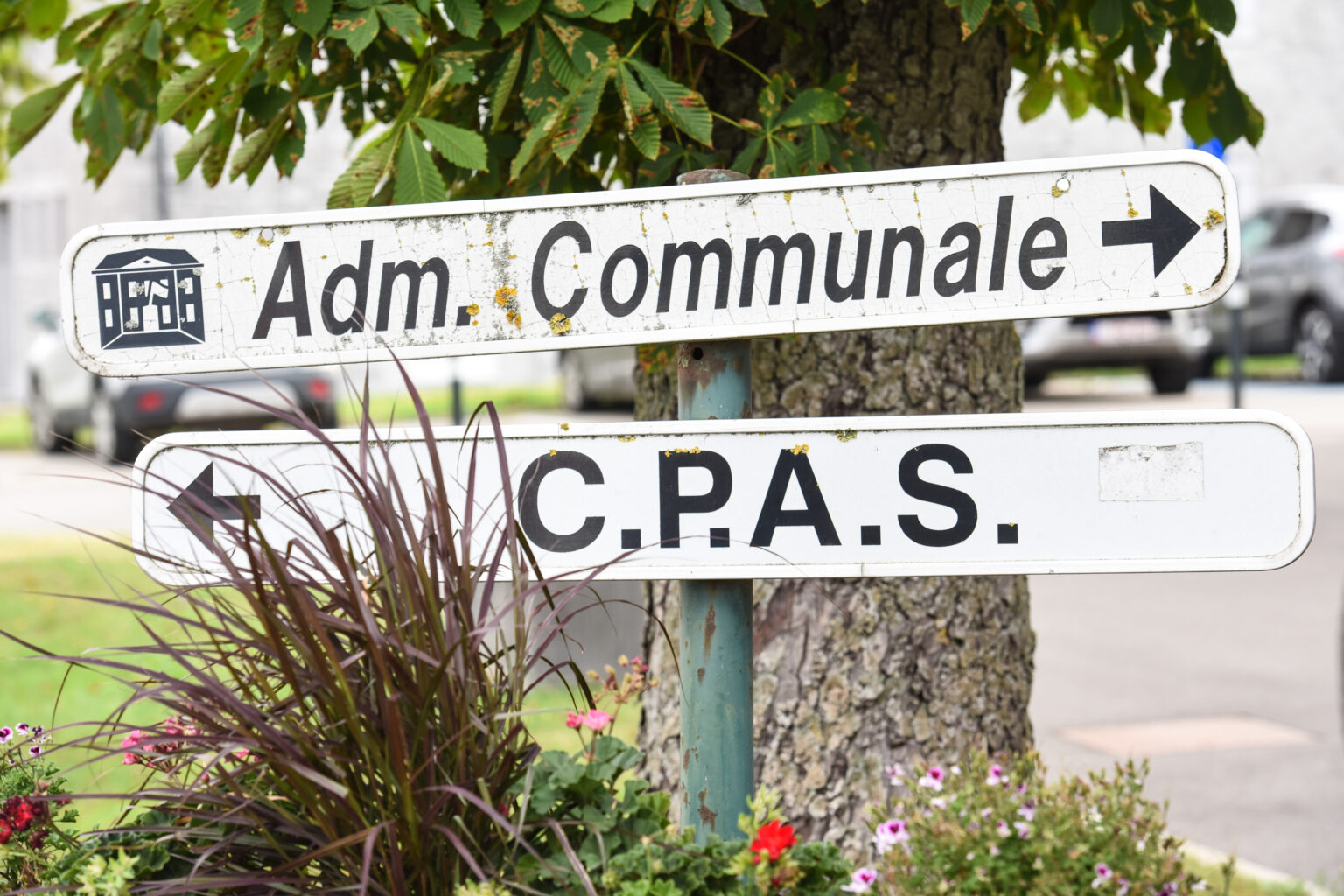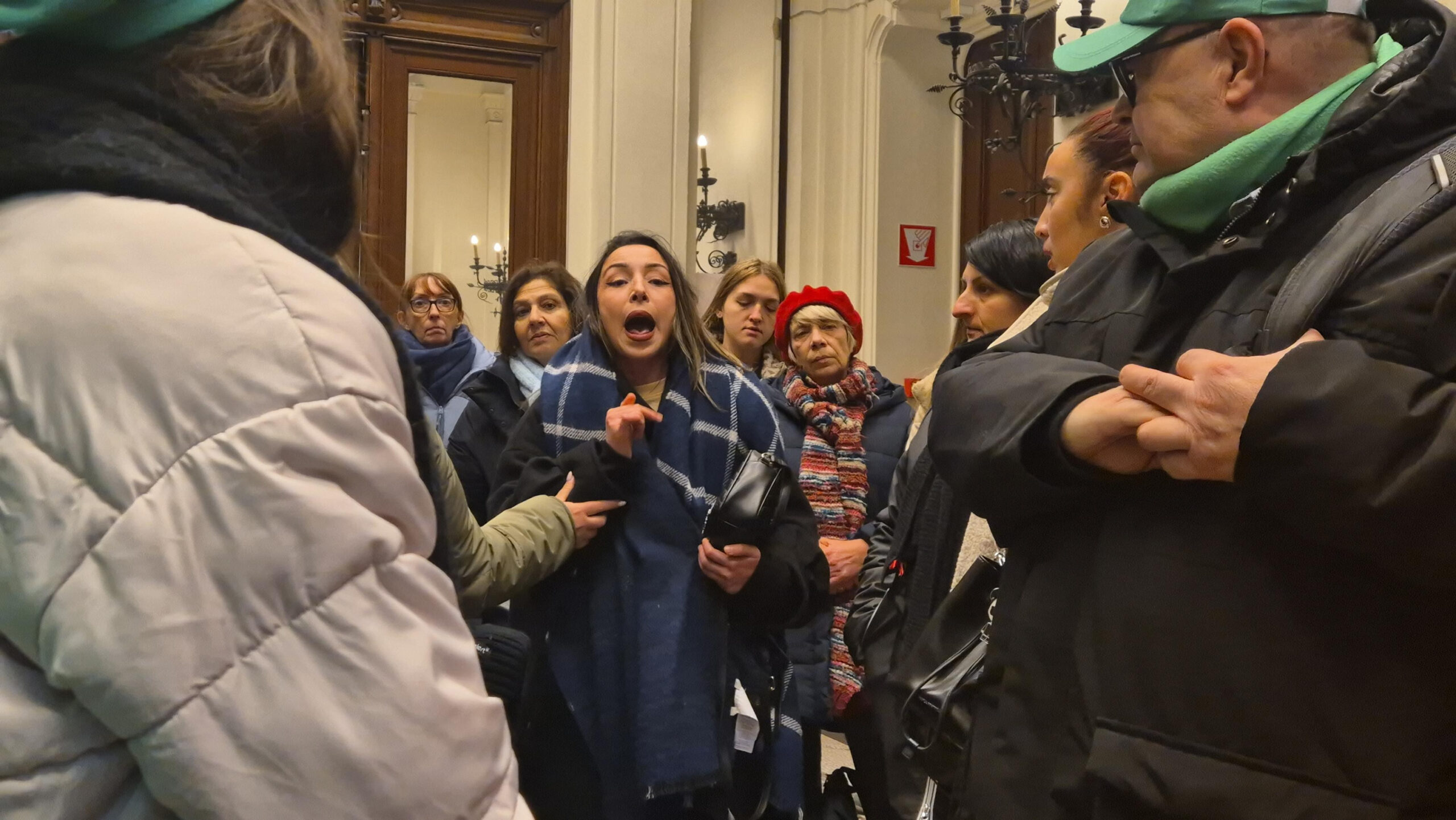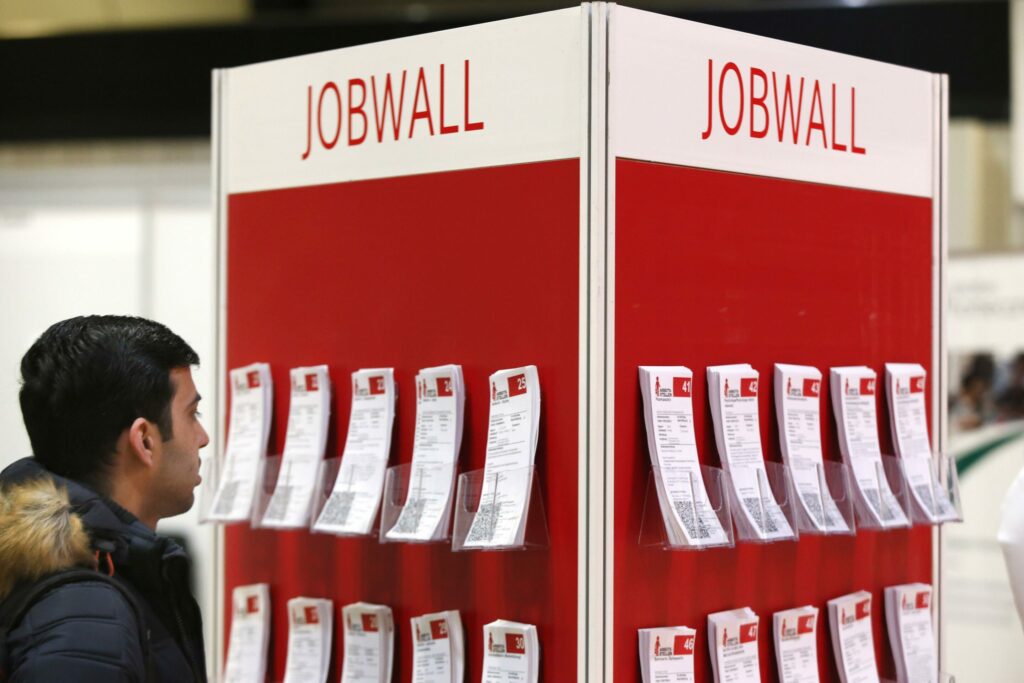The federal 'Easter Agreement' will cut unemployment benefits and reorient 125,000 people towards Belgian social welfare centres (CPAS). How will the already overburdened system cope? The Brussels Times spoke to City of Brussels CPAS president David Weytsman to gauge the feeling on the ground.
The Federal Government hails its 'Easter Agreement' as "historic" for its economic drive, while the opposition says the package's crackdown on social welfare "confirms the austerity trajectory".
From 1 January 2026, unemployment benefits will be cut off after two years for people under 55. Over-55s can still access them if they have worked for at least 30 years with at least 156 days worked per year.
No matter the framing, CPAS will be under new strain, and staff are striking on Thursday to denounce the reforms. Weytsman is an elected official of the Francophone liberal Mouvement Reformateur (MR) party and has headed the City of Brussels CPAS branch since February.
What is your general reaction to the Easter Agreement?
The agreement mainly consists of getting Belgians and Brussels residents back into work. This is obviously a good thing. Various measures are being taken to achieve an employment rate of 80%, which is more or less supported by all political parties.
We need to reconsider the value of work. This will obviously have consequences for CPAS. People who have been unemployed for a (very) long time who may have been forgotten by the unemployment system will be directed towards the CPAS and we need to be ready for this.
What I would just like to say is that all these social policies really have one goal, which is the individual empowerment of people and not leaving people in situations of dependency. And I think everyone can agree on that goal. And we mustn't caricature people by saying that a provision is about doing the opposite. That's not the case.

City of Brussels CPAS president David Weytsman (MR) in November 2024. Credit: Belga / Benoit Doppagne
The Easter reforms mean that 125,000 people will be redirected towards CPAS. Brussels' CPAS is already under serious pressure (the third highest rate of jobseekers in the country and a high rate of poverty). How will you cope with the influx?
The reform stipulates that approximately 35,000 people could be referred to CPAS in the Brussels-Capital Region.
A third of these people will find a job fairly quickly. A third of these people will be referred to INAMI for health reasons. And a third will come to us. So we need to be prepared to receive and welcome this third in the best possible way. This means hiring social workers, administrative staff, experts known as 'job coaches' who will help them enter the job market, and people to support those with housing difficulties.

Credit: Belga
All of this is already CPAS' responsibility but will be reinforced in the future. We are currently preparing and adapting the 2025 budget so that we can start hiring people at the end of the year.
In the City of Brussels, one in two children lives in a family below the poverty line. You are an MR representative, and some of the opposition say cracking down on unemployment benefits will make conditions weaken society even more. I am curious to know what you think of that argument.
I am the one who denounced and provided that figure, which is contested by the left.
All studies on poverty show that there are two factors that help to implement empowerment policies: one is access to employment, and the other is access to home ownership. That doesn't mean that if you own your own home or have a job, you're rich. That is not what I mean. But if you don't have one or the other, you're much more likely to fall into precarity. That is why we have set ourselves the goal of getting as many people back into work as possible.

Credit: Belga / Jorge Dirkx
I want to be completely honest and transparent: job activation is a carrot. But we also have to recognise that a stick is needed too. There are people who, if they do not want to work or be available on the job market, must be sanctioned.
But the primary mission of CPAS is not to sanction, it is to help and support. So I don't believe at all that this will weaken the system. On the contrary, I believe that when we have an activity rate of 80%, not only will we have helped people individually, but we will also have helped society as a whole.
Political parties seem more divided than ever at the moment. One particularly divisive figure is your party leader Georges-Louis Bouchez. How do you feel about MR's direction under his leadership?
He deserves credit for saying what other people think out loud. I completely agree with what he says in essence, but to be honest, I would not always say the same thing in the same way. But that is just a personality difference.
Before he was elected, MR was sometimes criticised for talking to elites and intellectuals. When Georges-Louis Bouchez arrived, we asked him to make this party a popular centre-right party that speaks to everyone.
So, there are people who like him, and there are people who don't. But at least we say things clearly and we do what we say. We said we would limit benefits, and we did it. We said we would help people more, and we are doing it.
What role should CPAS presidents play in managing scandals such as the one we are seeing in Anderlecht?
On the one hand, it is clear that cronyism is going on: some people are helping individuals who have worked for a president or who have gone through a certain channel, even though the administration has a process that must be followed.

Anderlecht CPAS workers protest in January. Credit: Belga / Timon Ramboer
On the other hand – which I think is much more serious – is that if we want to have social policies that support and help people, we need to give ourselves the means to do so and organise ourselves properly. I think the CPAS in Anderlecht is very poorly organised, and that also puts pressure on social workers. We need someone with a strong hand to organise the services. I only found out a few weeks ago that there is only one social services office for the CPAS in Anderlecht. That seems like a real problem for such a large municipality.
This is my personal analysis. I am not criticising anyone. I am simply reading the parliamentary records. I empathise with the CPAS president in Anderlecht as it can't be easy for him.

